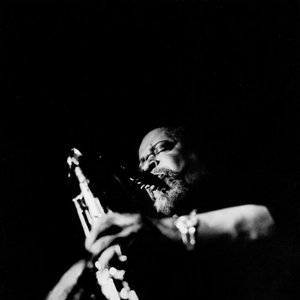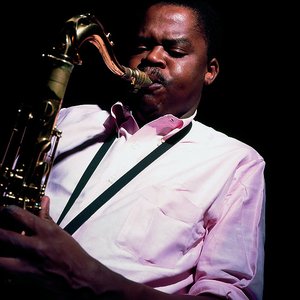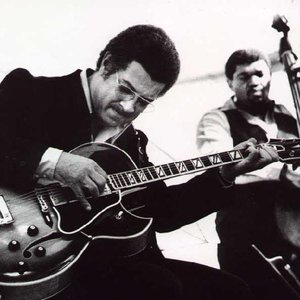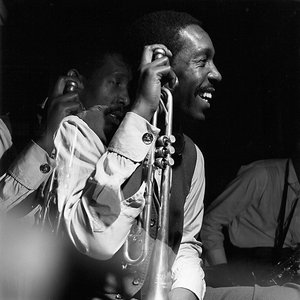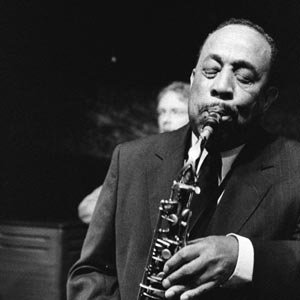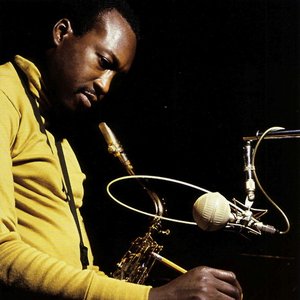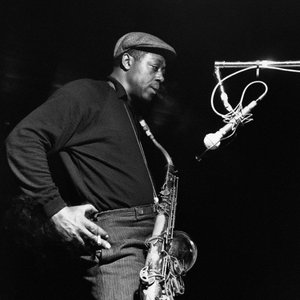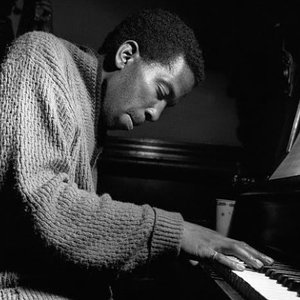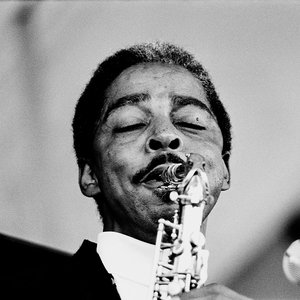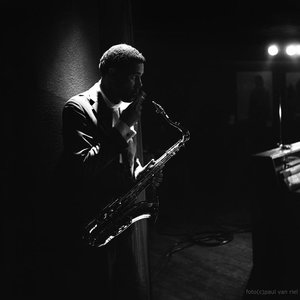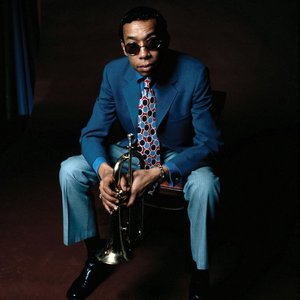Biography
-
Born
17 August 1918
-
Born In
Newark, Essex County, New Jersey, United States
-
Died
16 January 1963 (aged 44)
Ike Abrams Quebec (born August 17, 1918 in Newark, New Jersey, died on January 16, 1963) was a jazz tenor saxophonist. His surname is pronounced KYOO-bek.
Critic Alex Henderson writes, "Though he was never an innovator, Quebec had a big, breathy sound that was distinctive and easily recognizable, and he was quite consistent when it came to came to down-home blues, sexy ballads, and up-tempo aggression."
An accomplished dancer and pianist, he switched to tenor sax as his primary instrument in his early 20s, and quickly earned a reputation as a promising player. His recording career started in 1940, with the Barons of Rhythm.
Later on, he recorded or performed with Frankie Newton, Hot Lips Page, Roy Eldridge, Trummy Young, Ella Fitzgerald, Benny Carter and Coleman Hawkins. Between 1944 and 1951, he worked intermittently with Cab Calloway. He recorded for Blue Note records in this era, and also served as a talent scout for the label (helping pianists Thelonious Monk and Bud Powell come to wider attention) and, due to his exceptional sight reading skills, was an uncredited impromptu arranger for many Blue Note sessions.
Due in part to struggles with drug addiction (but also due to the fading popularity of big band music), Quebec recorded only sporadically during the 1950s, though he still performed regularly. He kept abreast on new developments in jazz, and his later playing incorportated elements of hard bop and soul jazz.
In 1959 he began a what amounted to a comeback with a series of albums on the Blue Note label. Blue Note executive Alfred Lion was always fond of Quebec's music, but was unsure how audiences would respond to the saxophonist after a decade of low visibility. In the mid-to-late 1950s, Blue Note issued a series of Quebec singles for the juke box market; audinences responded well, leading to a number of warmly-received albums.
Quebec's comeback was cut short by his death from lung cancer.
Influenced by Coleman Hawkins and Ben Webster but definitely his own person, Ike Quebec was one of the finest swing-oriented tenor saxman of the 1940s and '50s. Though he was never an innovator, Quebec had a big, breathy sound that was distinctive and easily recognizable, and he was quite consistent when it came to came to down-home blues, sexy ballads, and up-tempo aggression. Originally a pianist, Quebec switched to tenor in the early '40s and showed that he had made the right decision on excellent 78s for Blue Note and Savoy (including his hit "Blue Harlem"). As a sideman, he worked with Benny Carter, Kenny Clarke, Roy Eldridge, and Cab Calloway. In the late '40s, the saxman did a bit of freelancing behind the scenes as a Blue Note A&R man and brought Thelonious Monk and Bud Powell to the label. Drug problems kept Quebec from recording for most of the 1950s, but he made a triumphant comeback in the early '60s and was once again recording for Blue Note and doing freelance A&R for the company. Quebec was playing as authoritatively as ever well into 1962, giving no indication that he was suffering from lung cancer, which claimed his life at the age of 44 in 1963. ~ Alex Henderson, Rovi
Artist descriptions on Last.fm are editable by everyone. Feel free to contribute!
All user-contributed text on this page is available under the Creative Commons Attribution-ShareAlike License; additional terms may apply.

